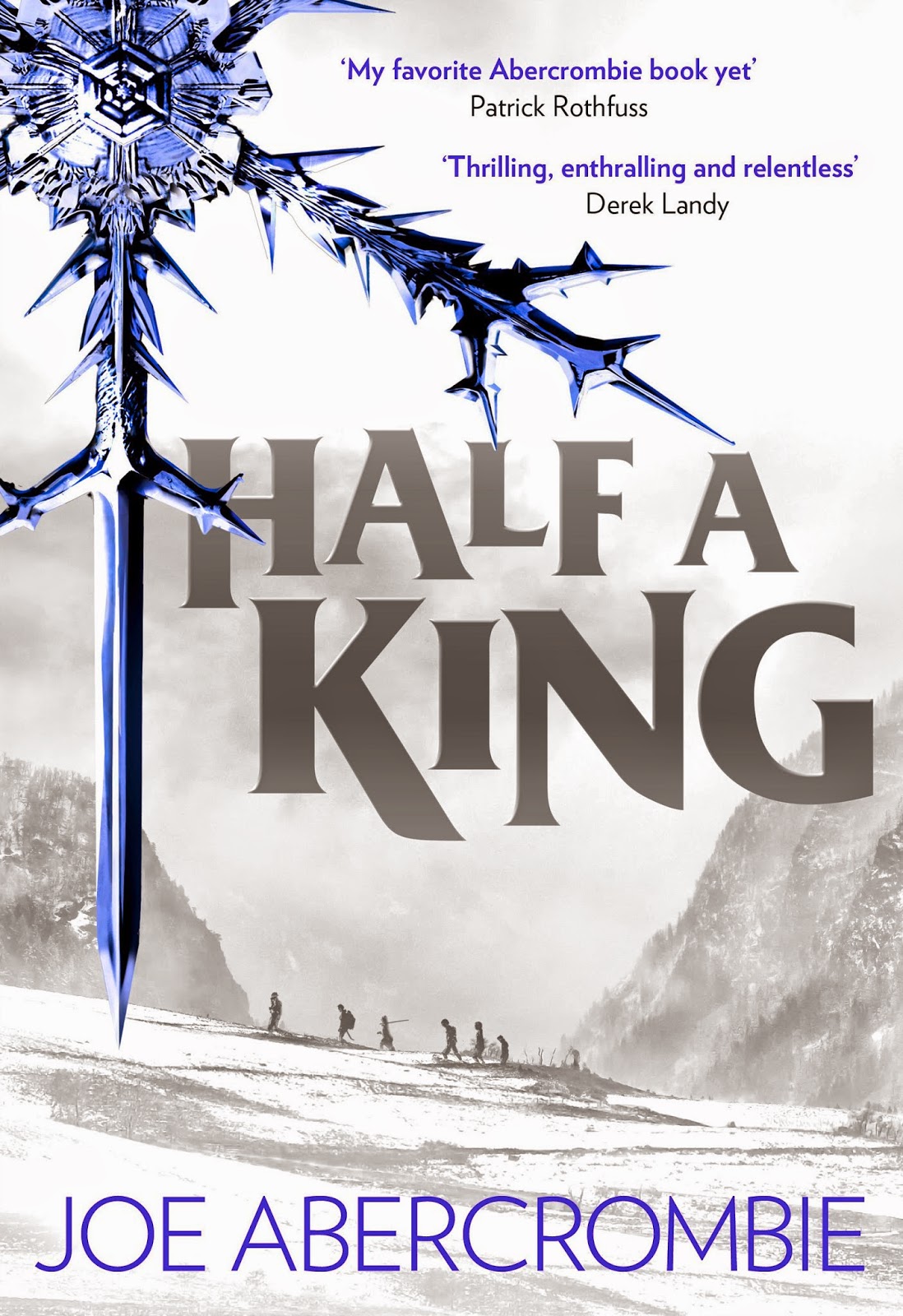I recently listened to this really interesting podcast provided by ScreenwritingU where screenwriter Chris Soth explains what the mini-movie method is, and how it was applied when putting together this “it” movie of this summer: Guardians of the Galaxy.
Most people are already familiar with the Three Act
structure in storytelling (whether via a book, play, or movie). However, many
stories tend to have a “saggy middle” when writing their stories, where things
seem to slow down quite a bit, and tension is lost.
So what is tension? It is the battle between hope and fear.
Each event in the movie should change the needle in this hope/fear spectrum, and if it doesn’t, said event should be cut out.
Each beat/scene of a movie should have its own tension,
which plays into the movie’s over-arching tension as well, and which are
supported by these mini-movie tensions as well. As Soth puts it: “story
structure is a ladder of dependent tensions.”
So what are these mini-movies? They’re another way to break
down the Three Act structure into eight smaller, more manageable pieces, each
lasting about 15 minutes long (or about 15 pages of a script), and most
oftentimes involve a shift in location as well.
To help you visualize it better, I’ve created a little chart
to describe each of these mini-movies (MM):
This is supposed to be seen not as a formula, but rather as
the transformational journey of your hero.
If you
wish to see how this structure was applied to the Guardians of the Galaxy
movie, please listen to the podcast here.

















